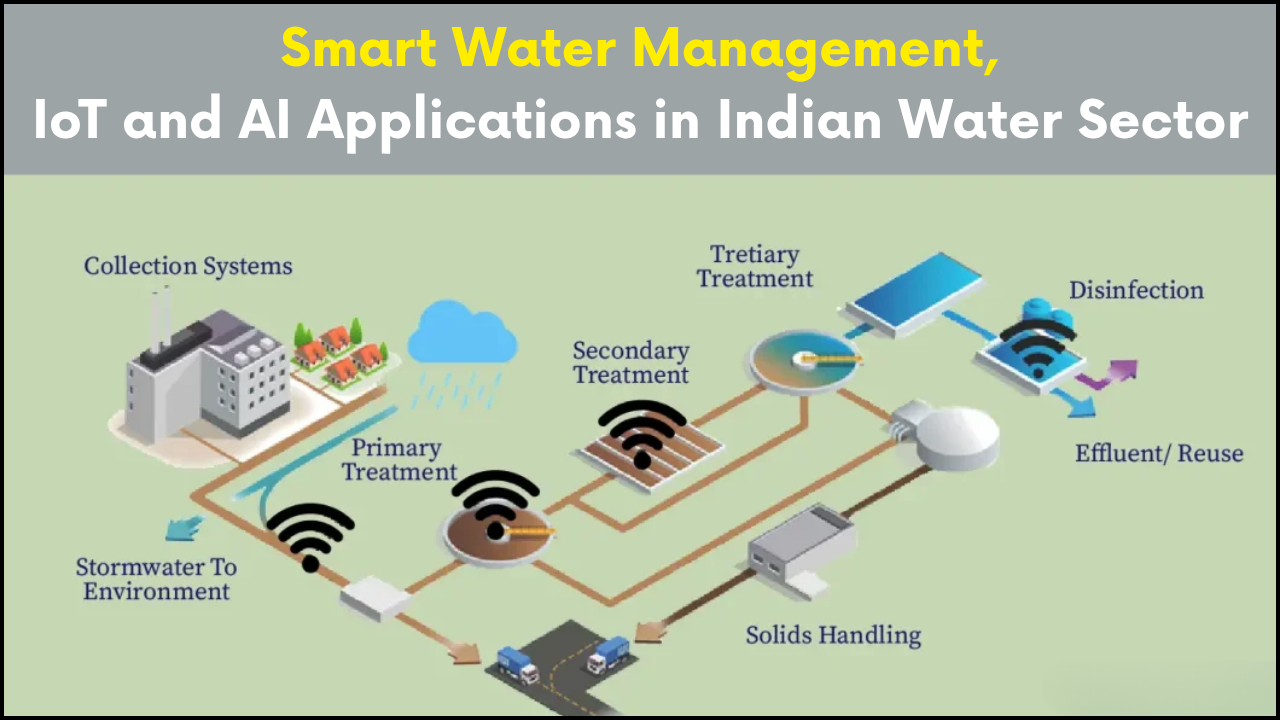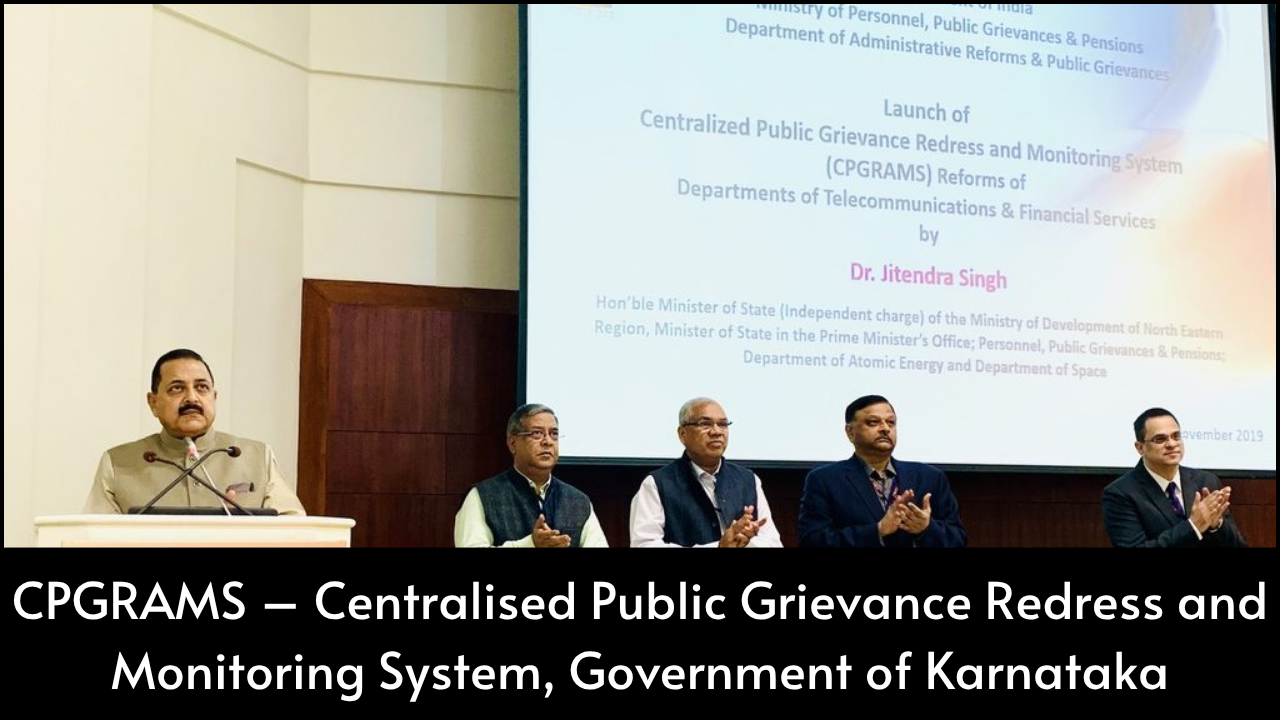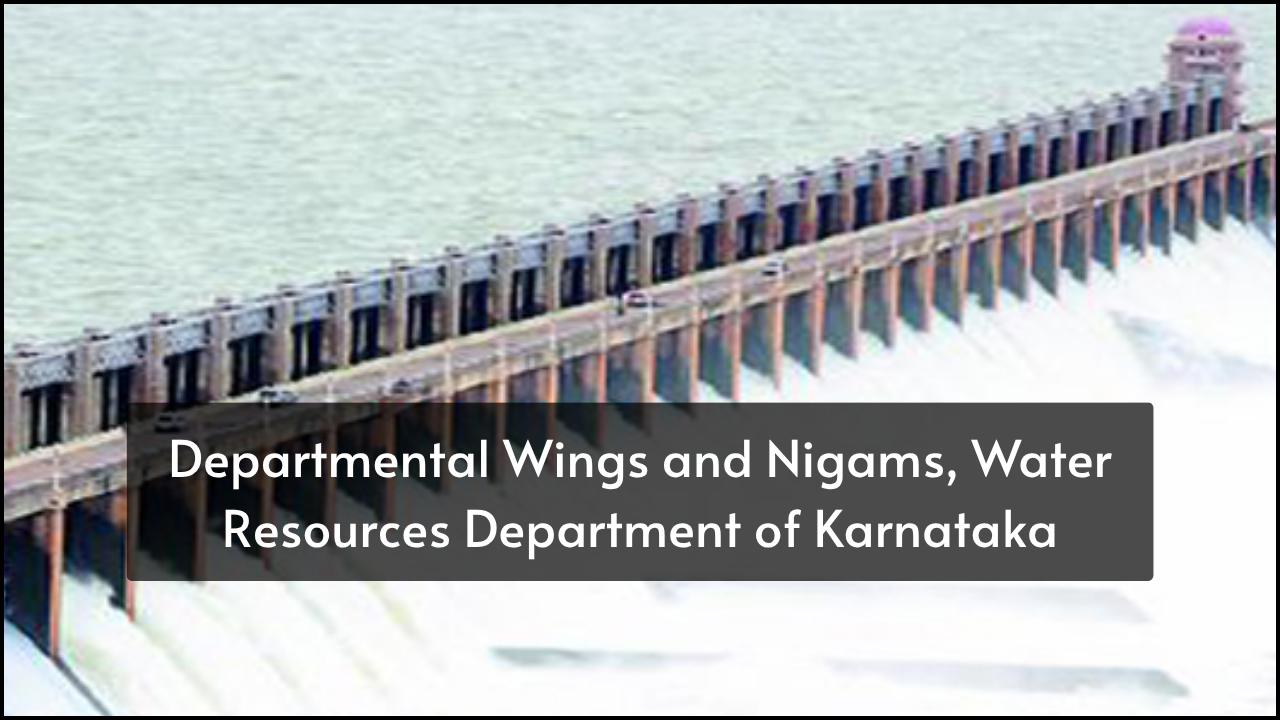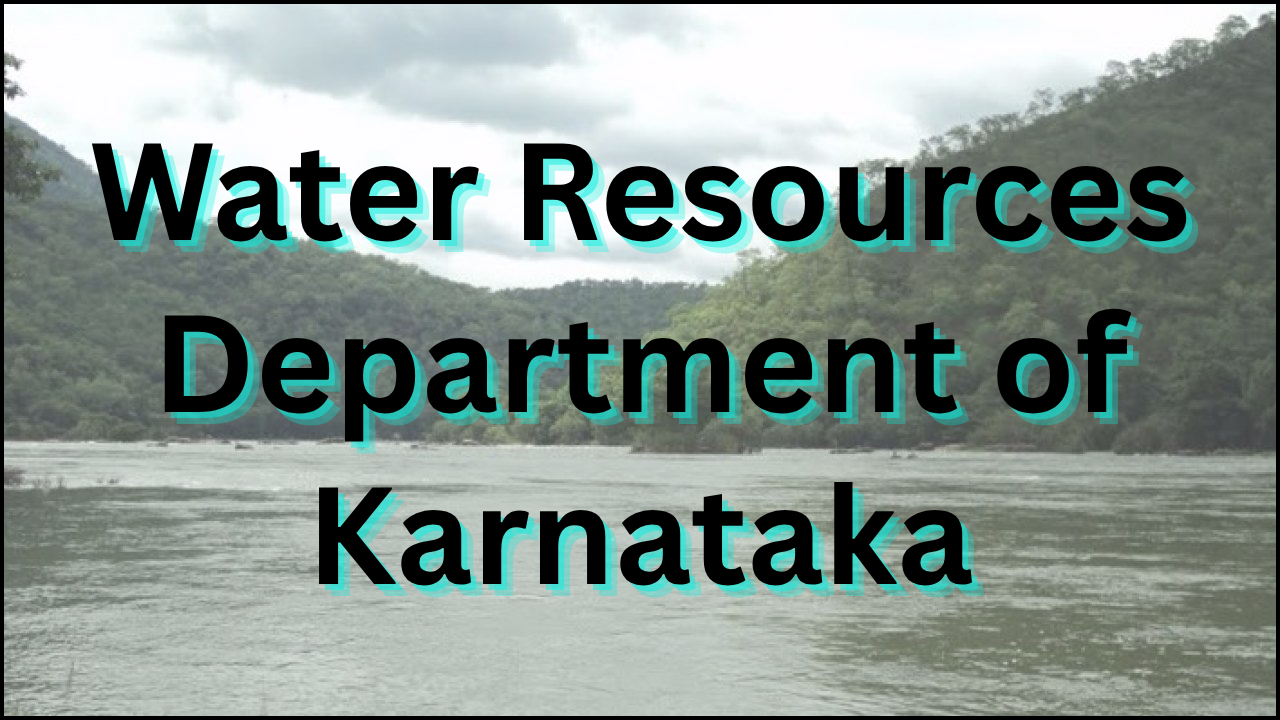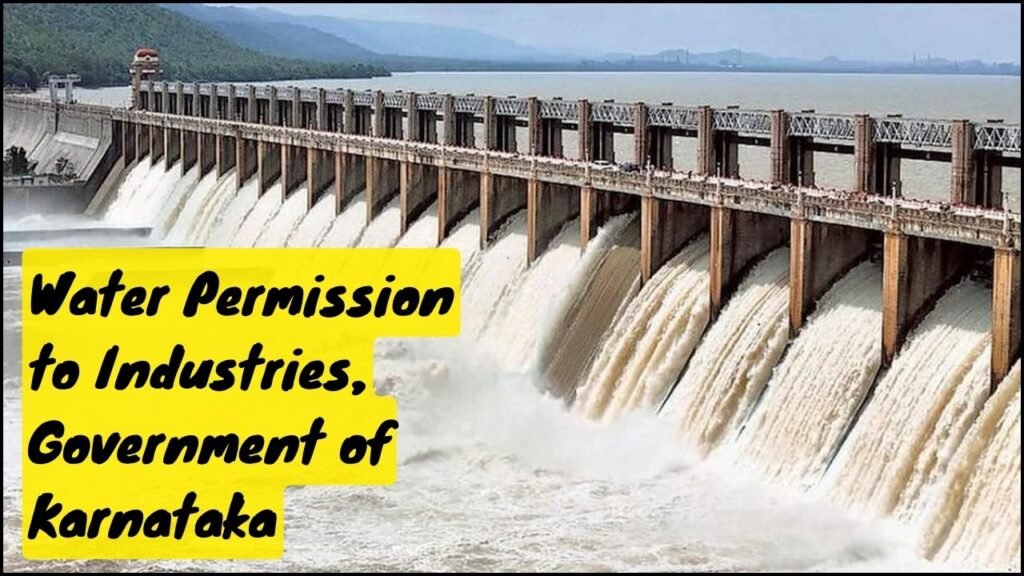
The Government of Karnataka has introduced a structured and transparent mechanism for granting water permission to industries across the state. The initiative aims to regulate the industrial use of water resources and ensure that all necessary approvals are granted only through an online system. The Water Approval Process System (e-WAPS) acts as the central platform for managing industrial water permission requests. With the increasing demand for water due to industrial growth, this move ensures judicious use, legal compliance, and better tracking of water allocations.
Table of Contents
Key Features of the e-WAPS System
- Digital Platform: All applications must be submitted online through the e-WAPS portal.
- Transparency: Every step, from the approval application, is monitored digitally.
- Time-Bound Processing: Applications are reviewed and processed within a specified timeframe.
- Document Uploads: Industries must upload supporting documents directly on the portal.
- Centralized Data: Records of water usage and permissions are stored for review and future reference.
Purpose of Water Permission System
- Sustainable Use: Ensures industries use water in a responsible and regulated way.
- Monitoring: Tracks and audits industrial water consumption to prevent misuse.
- Environmental Compliance: Aligns with environmental regulations and conservation policies.
- Equity: Distributes available water resources fairly among industrial applicants.
- Accountability: Holds industries accountable through mandatory documentation and usage reporting.
Types of Industries Eligible for Permission
- Manufacturing Units
- Pharmaceutical Companies
- Textile Industries
- Automobile Factories
- Steel and Metal Processing Units
- Agro-Processing Units
- Technology Parks
Important Government Orders and Circulars
- Mandatory Online Applications: The Government has issued orders that no offline applications for water permissions will be accepted.
- Legal Validity: All permissions granted through e-WAPS are legally recognized by Karnataka’s Water Resources Department.
- Processing Guidelines: Orders contain timelines, responsible officers, and procedural steps for faster service delivery.
Process of Applying for Water Permission through e-WAPS
| Step | Description |
|---|---|
| Step 1 | Registration of the industrial unit on the e-WAPS portal. |
| Step 2 | Filling in basic information such as the name of the industry, type, and location. |
| Step 3 | Uploading required documents, including project report, environmental clearance, land ownership proof, and water requirement details. |
| Step 4 | Submission of the application to the concerned divisional officer. |
| Step 5 | Technical review of water availability and feasibility of allocation. |
| Step 6 | Site inspection by the designated water officer. |
| Step 7 | Final approval or rejection based on technical and administrative review. |
| Step 8 | Issue of a permission letter with conditions of use and validity period. |
Documents Required
- Detailed Project Report
- Environmental Clearance Certificate
- Proof of Land Ownership
- Water Usage Plan
- Industries Department Registration
- Previous Approval Details (if any)
Authorities Involved in the Approval
| Authority | Role |
|---|---|
| Water Resources Department | The Main approving body ensures water is allocated as per policy. |
| Divisional Water Officers | Conduct site inspection and verify on-ground information. |
| Industries Department | Cross-verifies industrial status and the need for water. |
| Environmental Officials | Ensure compliance with eco-regulations. |
| Revenue Department | Confirms land records and use classification. |
Benefits of the e-WAPS System
- Time Saving: Reduces delays by eliminating manual steps.
- Fair Allocation: Data-based assessment ensures fair water distribution.
- Real-Time Updates: Industries get notifications at each approval stage.
- Environmental Protection: Allocation is given only after eco-clearance.
- Digital Record Keeping: Applications and approvals remain archived.
Compliance and Monitoring Guidelines
- Usage Audit: Industries must submit regular water usage reports.
- Penalties: Excess usage without permission leads to fines and cancellation.
- Inspection Schedule: Authorities may conduct periodic checks.
- Renewal Process: Industries must reapply before the expiry of the permission.
Common Challenges and Their Solutions
| Challenge | Solution by Government |
|---|---|
| Delay in approvals | Introduction of time-bound review systems on e-WAPS. |
| Lack of awareness | Conducting awareness campaigns in industrial belts. |
| Incorrect submissions | Providing a user manual and support center for help. |
| Document fraud | Cross-verification with other departments before approval. |
Recent Updates
- Order Issued in 2024: Mandatory for all new and renewal applications to go through e-WAPS.
- Water Allocation Limit Set: Based on industry type and location, maximum drawal limits are fixed.
- GIS Integration: Location of industries mapped for better inspection and tracking.
Sample Approval Details
| Field | Example |
|---|---|
| Industry Name | Global Tech Steel Pvt. Ltd. |
| Location | Tumkur Industrial Area |
| Water Requirement | 2 Million Litres/Day |
| Permission Validity | 2025 to 2030 |
| Environmental Clearance Status | Approved |
| Approval Status | Granted on 15 May 2025 |
Closing Perspectives
Water permission for industries in Karnataka is no longer a manual, uncertain process. The implementation of e-WAPS by the Government of Karnataka has made the process streamlined, transparent, and accountable. With structured guidelines, digital tools, and inter-departmental cooperation, the state ensures that industries get timely approvals while also preserving water resources for future generations.
Key Questions on Industrial Water Permission in Karnataka
Q1: Can small-scale industries also apply through e-WAPS?
Yes, all sizes of industries must apply through the portal, irrespective of scale.
Q2: What happens if an industry draws water without permission?
Unauthorized usage can lead to legal action, cancellation of licenses, and heavy penalties.
Q3: Is there any fee for applying?
Yes, a nominal processing fee is charged during submission, depending on industry type and water volume.
Q4: How long is the permission valid?
Permissions are usually valid for 1 to 5 years based on water requirement and project type.
Q5: Can the permission be modified later?
Yes, industries can request modification, but it must undergo a fresh evaluation.


